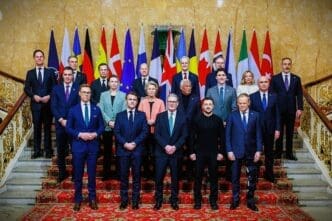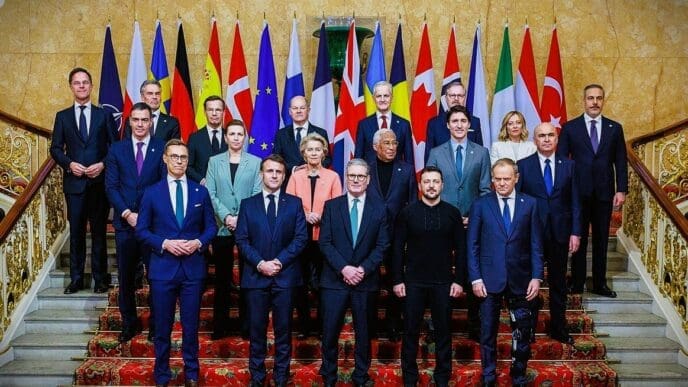The arrest of an American academic in Thailand has raised concerns from the United States government. Paul Chambers, a lecturer at Naresuan University with expertise in the Thai military, faces charges of insulting the monarchy, a serious offense under Thailand’s strict lèse-majesté laws. If convicted, Chambers could be sentenced to several years in prison. The charges against him also include violations of the Computer Crimes Act, potentially leading to an additional five-year prison term.
Chambers, a 58-year-old from Oklahoma, has denied all accusations. Despite his request for bail, he remains in pre-trial detention at Phitsanulok provincial prison. The court cited the severity of the potential punishment and deemed him a flight risk. The U.S. State Department has expressed alarm over the situation, offering consular assistance and urging Thai authorities to respect freedom of expression.
Lèse-majesté laws in Thailand, under Article 112 of the penal code, impose a maximum 15-year jail sentence for insulting the king, queen, heir apparent, or regent. While these laws have led to the imprisonment of numerous Thai citizens, it is uncommon for them to be applied to foreigners. Human rights organizations have called for Chambers’ immediate release, arguing that the charges are unfounded and threaten academic freedom and free speech in the country.
The complaint against Chambers was filed by the Thai army, which has a history of political influence, having staged 13 coups since the establishment of Thailand as a constitutional monarchy in 1932. The accusation stems from a blurb promoting an academic webinar that allegedly criticized the monarchy. The webinar, titled “Thailand’s 2024 Military and Police Reshuffles: What Do They Mean?” was organized by the ISEAS–Yusof Ishak Institute in Singapore in October of the previous year.
Chambers’ wife, Napisa Waitoolkiat, who serves as the dean of the social sciences faculty at Naresuan University, defended her husband, stating he had not authored the text in question. She expressed concerns that the charges aim to deter Chambers from his research, which often explores sensitive topics related to the Thai military’s economics. Notably, Chambers was not questioned by police prior to the issuance of his arrest warrant.
Context and Clarity
- The arrest of Paul Chambers highlights the broader issue of lèse-majesté laws in Thailand, which have been criticized for stifling free expression and academic freedom.
- Chambers’ case may deter foreign academics and researchers from engaging in studies related to Thailand’s political and military matters, impacting international academic collaboration.
- The U.S. government’s involvement underscores international concern over human rights practices in Thailand, potentially affecting diplomatic relations.
- Public awareness of such cases may lead to increased scrutiny and pressure on Thai authorities to reconsider the application of these laws.
- The situation reflects ongoing tensions between the Thai government and those advocating for democratic reform and freedom of expression within the country.












